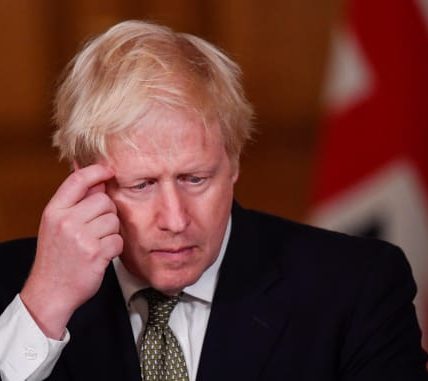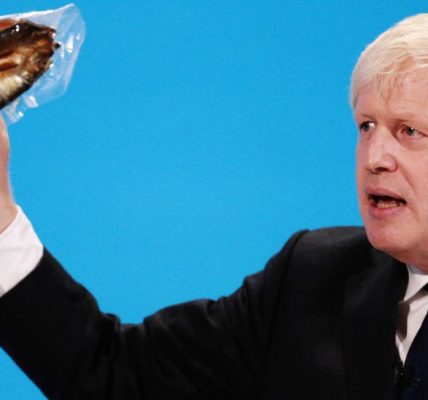Next week may be one of the last times members of the EU will turn their clocks back. The European Parliament made the decision to scrap daylight savings time (DST) back in 2019 but will only give up the biannual tradition in 2021. The final time change is to be next year in March or October, depending on each country’s decision to stay in either summertime or wintertime.

At the time of this decision Theresa May’s Brexit deal was supposed to include the UK in this decision so all of Europe would not fall out of step. However, that Brexit deal is ancient history and now the UK is left confused with the deafening silence from parliament on this topic.
Without a decision from the government the UK will fall out of sync with the rest of Europe. If France decided to stay in summertime, then England would be two hours behind for half of the year, and one hour behind the other half. The fluctuating times would cause chaos in all sorts of industries – especially aviation and trade.
DST is the custom of turning our clocks forward by one hour in springtime and backwards one hour in the autumn. Only a small fraction of the world uses DST and some countries only partially observe it, for example only a few Australian states turn their clocks back. Asia and Africa generally don’t observe daylight savings.
An argument for ditching daylight savings is that it is simply no longer relevant. It was introduced in a time when people were doing activities seasonally, particularly farming, and relied on the sun. However, activities people do now like go to school or work are not affected by the sun’s position in the sky.
Logically, DST is benefiting no one, but making travel more complicated, though in 2020 that’s not a massive problem. Moreover, DST has that nasty effect in the winter where people will wake up earlier and get less hours of light. This is particularly unpleasant in the winter when the evenings are so dark.
However, if the UK does decide to stay in summer time British citizens would get one more hour of sunlight – or maybe just a lighter shade of grey in the winter. Rather than fluctuating time zones with the rest of Europe, this is possibly something to consider.





